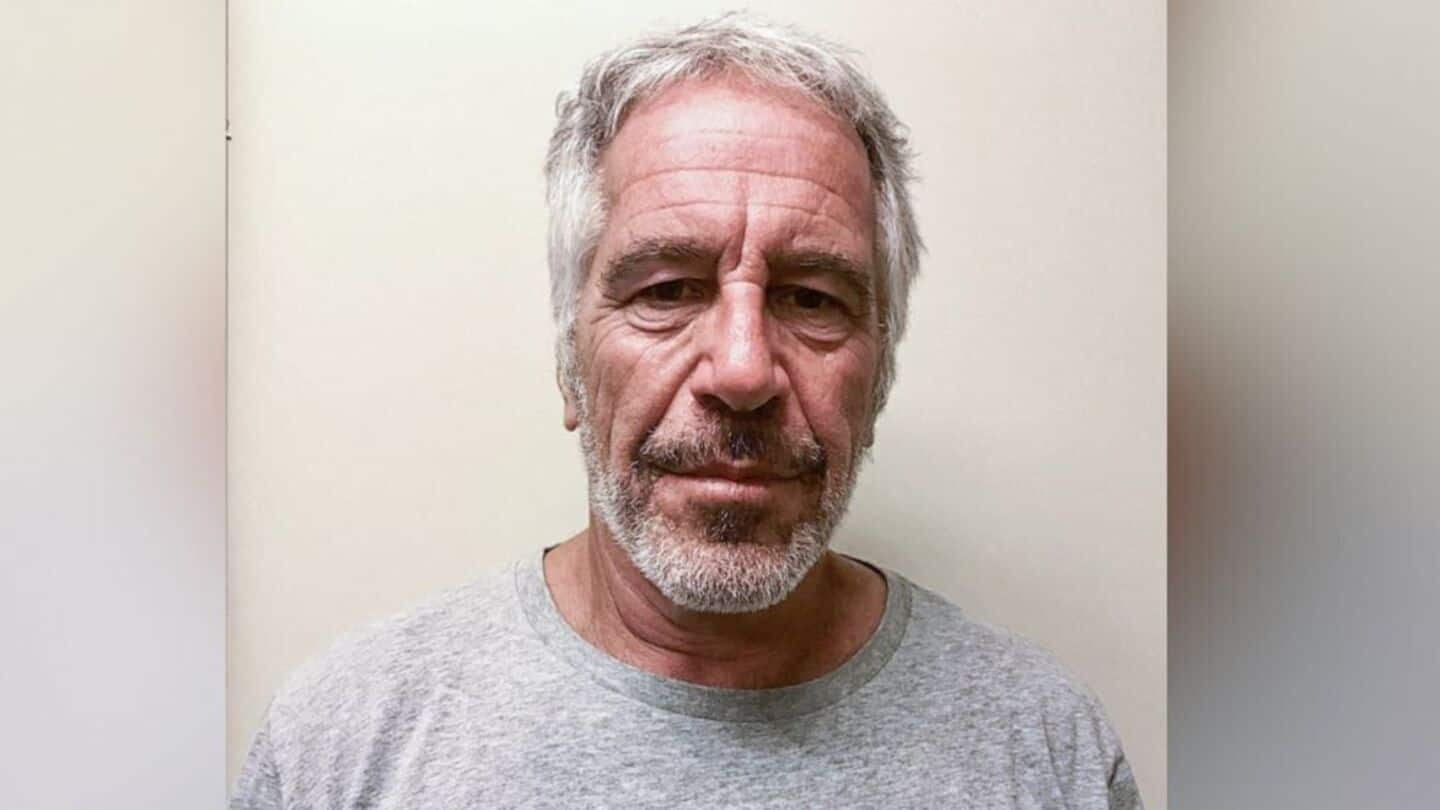
US congressional panel releases 33,000 pages of Jeffrey Epstein files
What's the story
The US House of Representatives Oversight Committee has released over 33,000 pages of documents related to the investigation of late sex offender Jeffrey Epstein. The records were made public after being obtained from the Department of Justice. The release includes flight logs, jail surveillance video, emails, and court filings connected to Epstein and his associate Ghislaine Maxwell, as well as police search footage and interviews.
Footage
It contains 13 hours and 41 seconds of video
It contains 13 hours and 41 seconds of video from the New York jail cell, covering the evening of August 9 to the morning of August 10, 2019, when Epstein died. This is two hours more footage than the Justice Department disclosed two months ago. However, the freshly released footage does not include the so-called "missing minute"—a timecode jump between 23:00 and 00:00, according to CBS.
Ongoing investigation
Epstein's death sparked conspiracy theories
Attorney General Pam Bondi previously stated that the "missing minute" was simply the jail's video system resetting every night. But the seeming irregularity fueled conspiracy theories concerning the official conclusion that Epstein committed suicide. President Trump's supporters have also pushed for greater transparency in the investigation after the Justice Department stated in July that there was no "incriminating" Epstein client list. Epstein died by suicide in a New York jail in 2019 while awaiting trial on sex trafficking charges.
Transparency pledge
Most information already public, says Democrat
House Oversight Committee Chair James Comer said they are uploading the documents for "full transparency so everyone in America can see those documents." The committee said more records are expected in the coming weeks. However, many of these documents are heavily redacted to protect victim identities and remove any child sexual abuse material. Robert Garcia, the ranking Democrat on the House committee, noted that most of this information was already public.